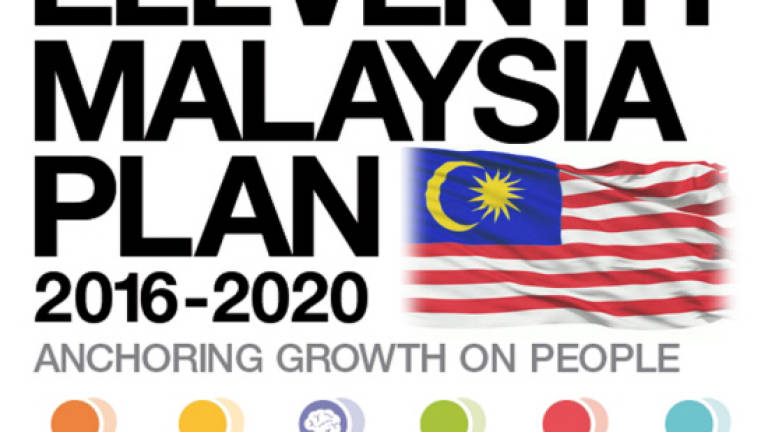11MP: Affordable and quality healthcare for all

PETALING JAYA: The government pledges that every Malaysian will have equal access to affordable and good quality healthcare services by both the public and private healthcare providers which will be realised through four strategies under the 11th Malaysia Plan (11MP).
Firstly, targeted support healthcare would be enhanced, particularly for underserved communities, including the extension of services to poor and low-income households, the Orang Asli in Peninsular Malaysia, and rural and remote areas in Sabah and Sarawak.
"Measures will include the deployment of more specialists and skilled personnel, the establishment of additional healthcare facilities in the areas of greatest need, and the expansion of outreach programmes. For example, mobile healthcare teams, flying doctor services, and village health promoters will be expanded to remote areas," according to the measures outlined under the 11MP which spans from 2016 to 2020.
Domiciliary healthcare programmes will be expanded to include care programmes for patients who require long-term nursing upon early discharge, such as stroke patients.
The report says that healthcare personnel will be entrusted to train family members and caregivers to care for these patients and NGOs are encouraged to participate and provide support and services to the patients and their families as well.
Integrated care will be improved through primary healthcare teams to enhance access, quality, and efficiency where selected clinics will be upgraded into advanced clinics that provide a full range of multidisciplinary services to enhance and support primary healthcare teams.
The second strategy would be to improve system delivery for better health outcomes where the government will review and formulate health legislations and intensify enforcement through strengthened coordination between government agencies and the private sector.
Healthcare services will adopt lean management practices to streamline work processes and procedures in order to enhance effectiveness and efficiency which includes optimising efforts in bed management, robust operation theatre scheduling, and best practice treatment.
Out of this initiative the expected outcomes include the release of latent capacity or bed days, shortened patient waiting times, improved patient outcomes and satisfaction, and optimised use of healthcare resources.
The government will also implement the hospital cluster concept in selected locations, where hospitals within the same geographical location will work as one unit, sharing resources such as assets, amenities, and human resources.
Thirdly, the government will be expanding capacity to increase accessibility where existing healthcare facilities and assets will be upgraded, while the development of new facilities will take into account functionality, cost effectiveness, and the needs of local communities.
"The private sector will be encouraged to collaborate and set up more healthcare facilities that cater to the needs of low- and middle-income households. The number and distribution of health specialists and skilled personnel will also be improved by reviewing policies, incentives, and capability building programmes. Incentive packages will be reviewed to attract health personnel to serve in rural and remote areas," according to the report.
Finally, collaboration with private sector and NGOs to increase health awareness will be intensified.
The private sector will be encouraged to undertake corporate social responsibility programmes (CSR), and to collaborate with the government in research and development while NGOs will be encouraged to provide health advocacy activities, health screening, and early health interventions, as well as to work with the private sector in carrying out health-related CSR programmes.